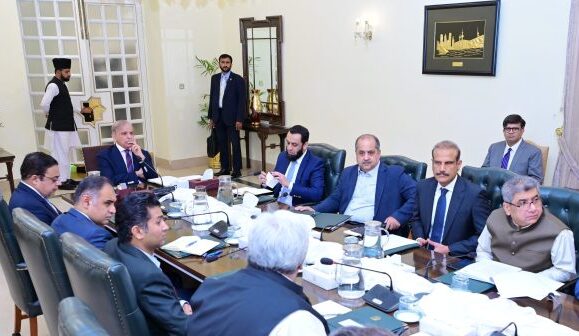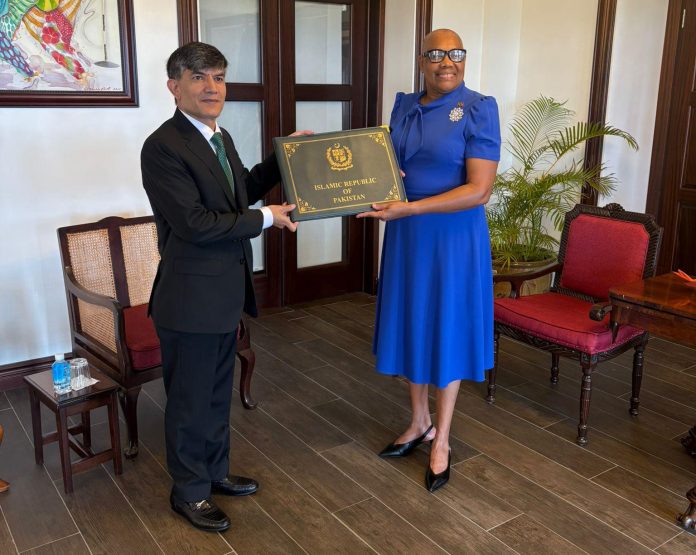
Pakistan PM Prioritizes Expanding Tax Base, Easing Burden on Poor
- Business
- July 14, 2025
- No Comment

ISLAMABAD — Prime Minister Muhammad Shehbaz Sharif on Monday underscored that expanding the tax base and reducing the tax burden on lower-income groups are top priorities for his government, as Pakistan accelerates the digitization and reform of its tax system.
Chairing a high-level meeting in Islamabad, the prime minister reviewed progress on digitizing the Federal Board of Revenue (FBR), implementing an AI-based assessment system, and introducing user-friendly reforms to improve tax collection.
He praised the rollout of simplified tax returns in Urdu and directed that a dedicated helpline be established to support taxpayers. He also called for digital invoicing systems to be accessible in Urdu to maximize adoption among small businesses and ordinary citizens.
Emphasizing transparency, PM Sharif instructed that all FBR reforms undergo third-party validation. He highlighted that the new digital, concise tax returns are linked to a centralized database, simplifying the process for salaried individuals who stand to benefit most.
He also ordered a nationwide awareness campaign to educate citizens on the ease of filing tax returns under the new system, aiming to boost voluntary compliance and broaden the tax base.
Recognizing the critical role of small and medium-sized enterprises (SMEs), the prime minister directed that special support be provided to help them adopt digital invoicing. He lauded the finance minister, economic team, and FBR officials for their tireless efforts, calling the launch of Pakistan’s first AI-based tax assessment system a significant achievement.
Officials briefed the meeting on key developments, including digital invoicing, simplified tax returns, an e-bilty system, and a cargo tracking initiative.
They reported that around 20,000 businesses are expected to join the FBR’s online invoicing system in the coming months. In just one month, 8,000 invoices totaling PKR 11.6 billion were issued through the platform. The system features a taxpayer portal and monitoring dashboard, allowing businesses to join free of cost via Pakistan Revenue Automation Ltd. (PRAL) and eliminating the need for separate sales tax return submissions.
The AI-powered assessment system will also transform customs processes, enabling traders to submit advance goods declarations before ships arrive. This is expected to increase the share of advance declarations from 3% to over 95%, streamlining delivery directly from ports to factories and reducing upfront duties.
Meanwhile, the internationally recognized 8-digit HS Code is being adopted to eliminate fraudulent invoices, while real-time cargo tracking will strengthen tax enforcement.
To meet global standards, Pakistan is collaborating with Turkiye on implementing its cargo tracking and AI assessment systems. Following PM Sharif’s meeting with Turkish President Recep Tayyip Erdoğan in Azerbaijan, a Turkish delegation is in Pakistan to support local authorities with system deployment.
Officials confirmed that bidding for the FBR’s new command and control unit will conclude soon, with full operational readiness expected by September. This will provide centralized data to improve decision-making and bolster revenue collection.
Thank you for reading! For comprehensive news coverage and exclusive stories, visit SafartiTarjuman.com







